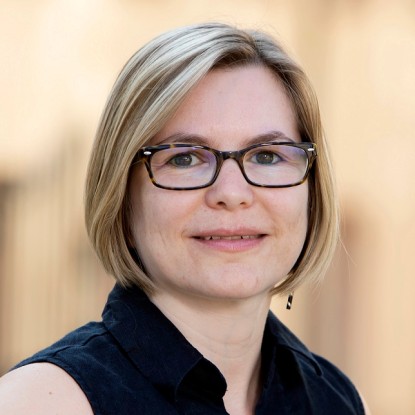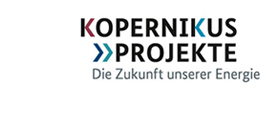
Kopernikus Project Ariadne2
Ariadne – Evidence-Based Assessment for the Design of the German Energy System Transformation on the Way to Climate Neutrality
A successful energy transition is a crucial element on Germany's path to climate neutrality by 2045. At the same time, the transformation process represents an opportunity for innovation, structural change, and the testing of new concepts of social ownership. However, due to the current energy crisis and the resulting change in the geopolitical constellation, the transformation is taking place under fundamentally altered framework conditions.
Ariadne's first funding phase covered a broad spectrum of energy transition-related issues, ranging from the individual sector to the system perspective, from the German Climate Protection Act to the European Green Deal, from citizen deliberation to exchanges with political decision-makers. Ariadne's research has identified five key challenges for the success of the energy transition: (1) the need to accelerate and upscale the transformation technically, economically, and socially; (2) reliable and adaptive instrumentation; (3) dealing with scarcity as well as technical constraints; (4) issues of distribution, social equity, and societal ownership; and (5) the need to adapt to geopolitical turbulence and uncertainty.
Shedding light on the challenges of the energy transition in detail and drafting robust strategies for political action are the goals of Ariadne in the second funding phase. The Ariadne project thus follows the overarching objective of the Kopernikus projects for the energy transition as it considers social, ecological, and economic aspects in an integrated manner. This is done against the background of the assumption that the energy transition can only succeed if the needs and expectations of the population, as well as the requirements of environmental compatibility and the market economy, are adequately taken into account. Ariadne examines the transformation in four dimensions: the analysis of (1) techno-economic scenarios, (2) appropriate policy instruments, (3) options for climate policy governance, and the (4) prerequisites for succeeding societal ownership. To address the identified challenges and dimensions of the energy transition, Ariadne organizes research into nine work packages, each of which focuses on a specific topic.
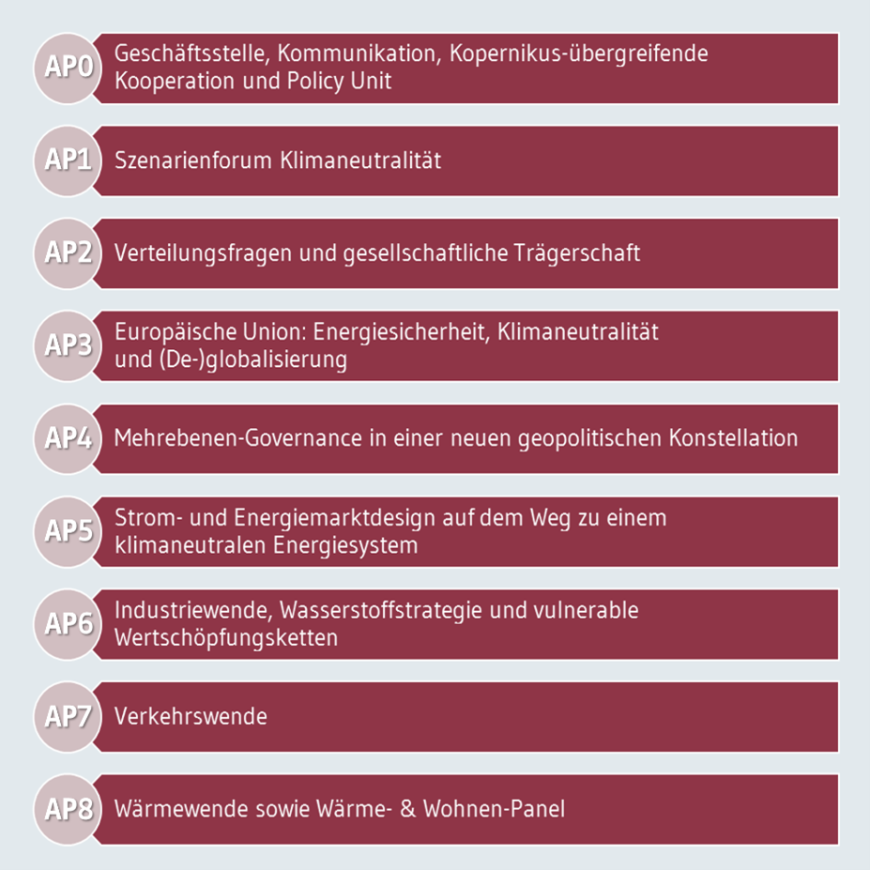
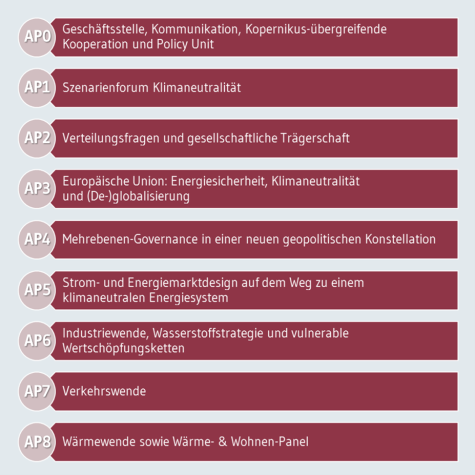
The role of the TU Darmstadt in Ariadne
The chair “Comparative Politics and European Integration”, headed by Prof. Dr. Michèle Knodt, is participating in three work packages, with the major focus on work package 4 (multi-level governance in a new geopolitical constellation), in which Prof. Knodt also holds the co-leadership.
Work package 4 aims to analyze first selected and strategically important fields of action (ramp-up of the hydrogen infrastructure and expansion of renewable energies) in detail, examining the central challenges to the governance of the transformation in the continuously developing and continuously shock-exposed multi-level system between the municipal and EU levels, and to uncover deficits and identify options for action. With a view to the international level, German foreign climate policy strategy and selected international climate and trade policy options for effective implementation of the transition will be analyzed against the background of a changing geopolitical environment (in particular international energy, resource, and goods markets).
In the second step, cornerstones and key elements of long-term, cross-level, and inter-sectoral governance will be examined from a broader perspective. Interdisciplinary collaboration between political science, public law, economics, and engineering that is practiced in the work package and the Ariadne project promises to be of great benefit.
In addition to work package 4, the chair “Comparative Politics and European Integration” also contributes its political science expertise on governance and policy instruments to work packages 3 (EU: Energy Security, Climate Neutrality, and (De-)Globalization) and 6 (Industrial Transition, Hydrogen Strategy, and Vulnerable Value Chains).
Funding
Funding institution: Federal Ministry of Education and Research
Funding period: 01.09.2023 – 31.08.2026
(Total funding period Kopernikus-Projects: 01.10.2016 – 31.08.2026)
Funding budget: € 741.949,07
(Total funding budget Phase III: 30 Mio. EUR)
(Total funding budget Kopernikus-Projects: 100 Mio. EUR)
Team
| Name | Working area(s) | Contact | |
|---|---|---|---|
| Professors | |||
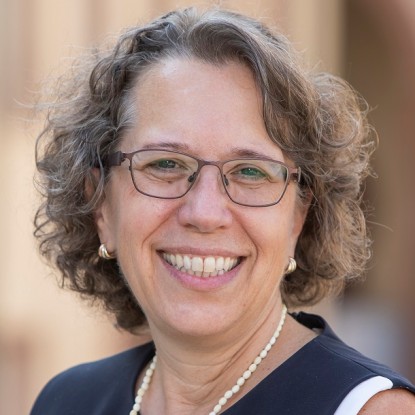
Picture: IfP
| Prof. Dr. Michèle Knodt Chair | Project Leader | Comparative Politics and European Integration | knodt@pg.tu-... +49 6151 16-57353 S3|12 439 |
| Academic staff | |||

Picture: Bruch, N.
| Nils Bruch M.A. Research Associate | Doctoral Candidate | Comparative Politics and European Integration | bruch@pg.tu-... +49 6151 16-57292 S3|12 442 |
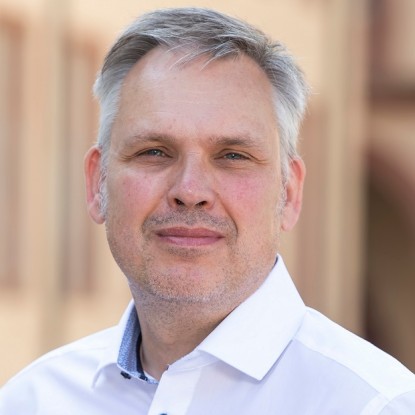
Picture: IfP
| Dr. Jörg Kemmerzell Research Associate | Comparative Politics and European Integration, Institut for Political Science | kemmerzell@pg.tu-... +49 6151 16-57422 S3|12 542 |
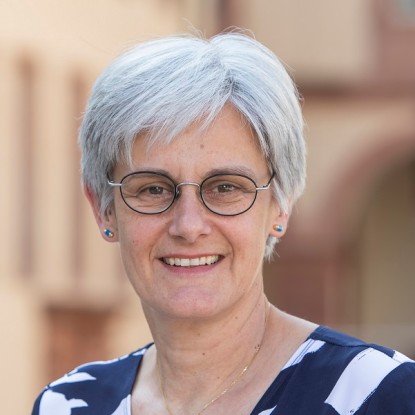
Picture: IfP
| Dr. Christine Quittkat Research Associate | Comparative Politics and European Integration | quittkat@pg.tu-... S3|12 544 |



